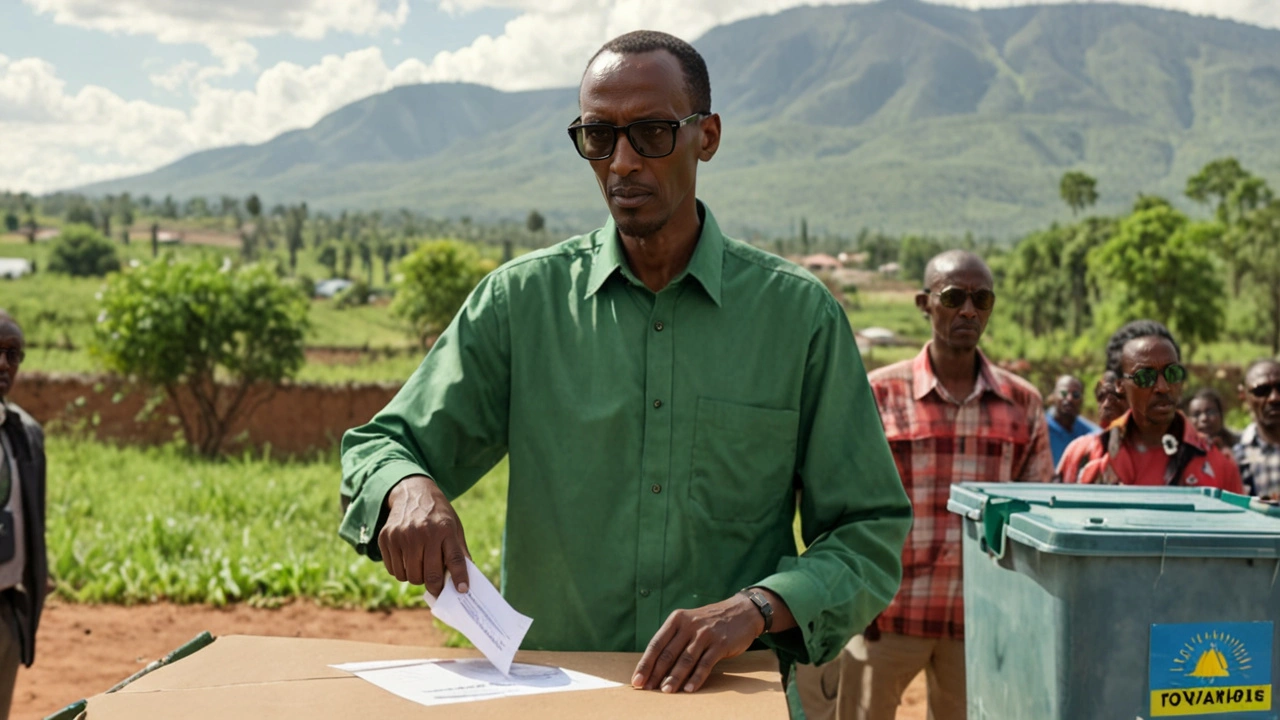Opposition Suppression: What It Means and Why It Matters
Opposition suppression is when those in power silence or limit individuals or groups that challenge them. This can happen in governments, organizations, or anywhere decisions are made. It’s a big deal because it weakens democracy and free speech, making it harder for people to express different ideas or hold leaders accountable.
Have you noticed news about political arrests, media restrictions, or laws targeting critics? These are common signs of opposition suppression. When voices are shut down, citizens lose the chance to debate important issues openly, which harms society as a whole.
How Opposition Suppression Shows Up
It doesn't always look the same. Sometimes, it’s through harsh laws that punish dissent or through controlling media outlets so only certain viewpoints are heard. Other times, it’s about intimidation, like threats or arrests of activists and journalists. Even limiting public gatherings or blocking social media can serve the same purpose.
For example, when peaceful protests are broken up violently or when opposition parties struggle to get on ballots, that’s suppression in action. These actions create fear and reduce the space for honest political competition.
Why We Should Care
When opposition is suppressed, it’s not just politicians who lose out. Citizens miss out on choices and fair representation. Without a strong opposition, governments can make decisions without checks or pressure to improve, leading to poor policies and even corruption.
Keeping an eye on how opposition suppression happens helps us understand the health of a democracy. Supporting free speech and ensuring fair political processes are vital steps to prevent these threats.
In short, opposition suppression threatens the balance and fairness needed in a democracy. By recognizing its signs and impacts, we can better protect our rights and the future of open society.
